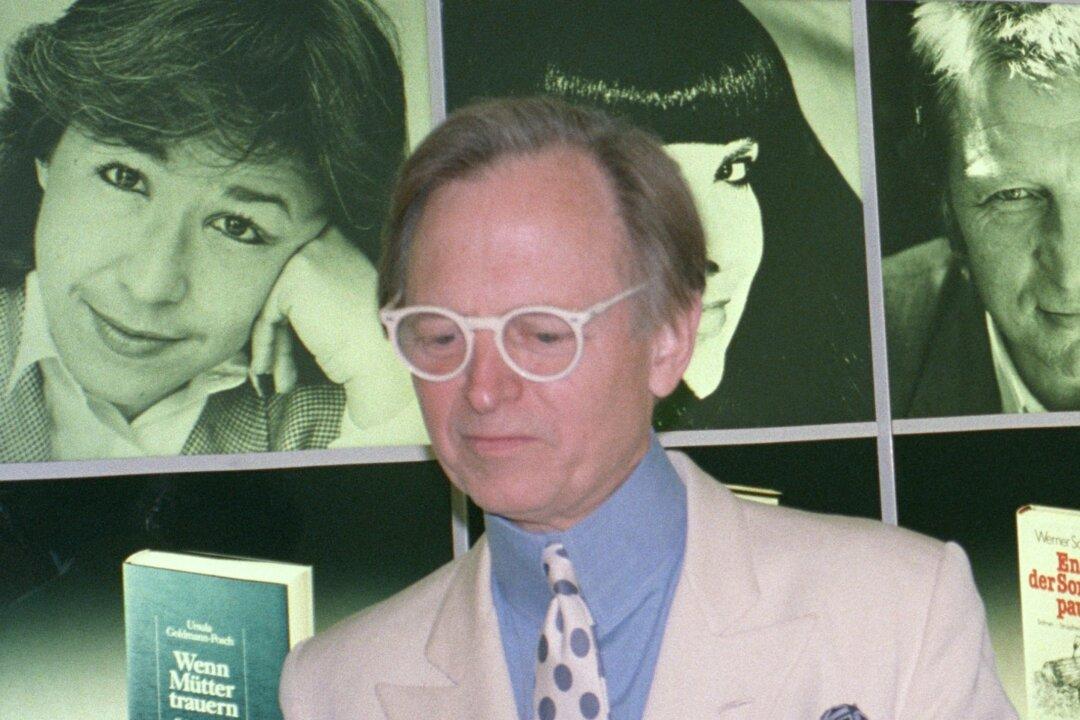Commentary
At a moment when the static of partisan passion is blaring at us from every conceivable media outlet, it is a pleasure to take refuge in a quiet profundity or two.

At a moment when the static of partisan passion is blaring at us from every conceivable media outlet, it is a pleasure to take refuge in a quiet profundity or two.